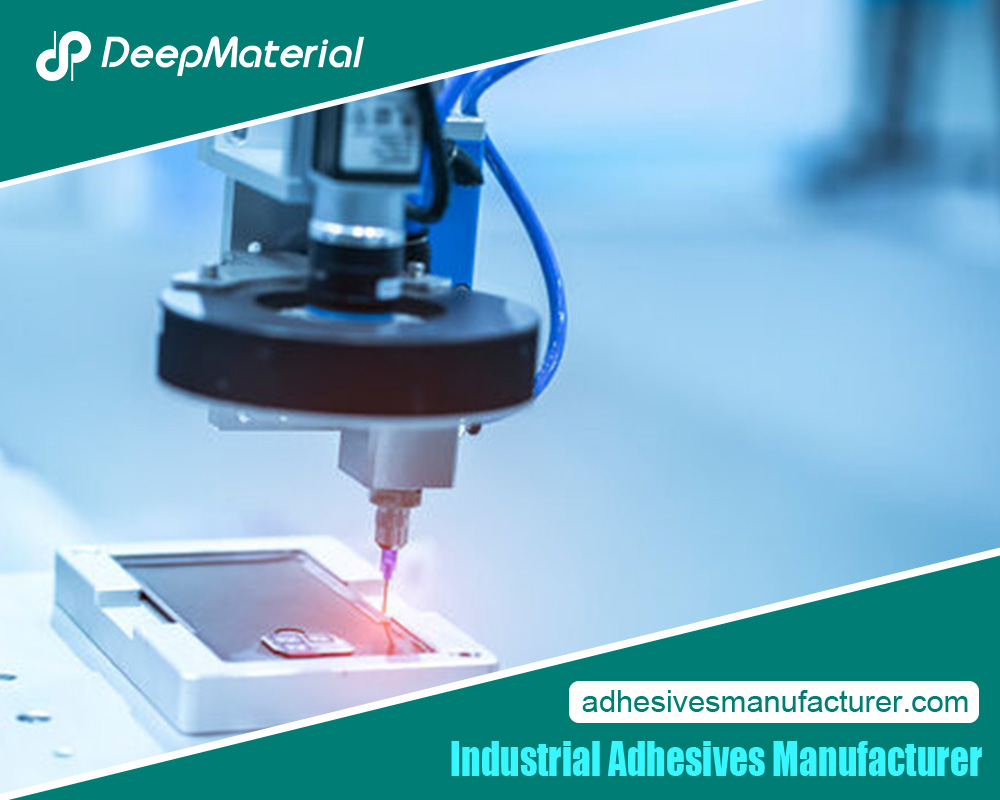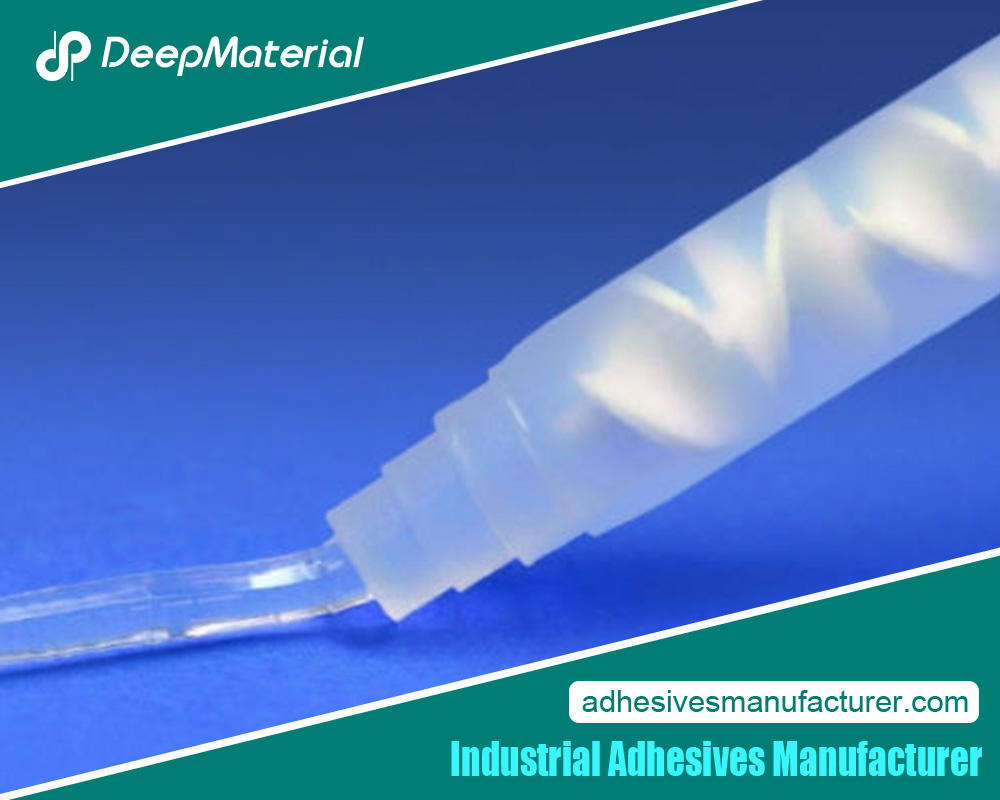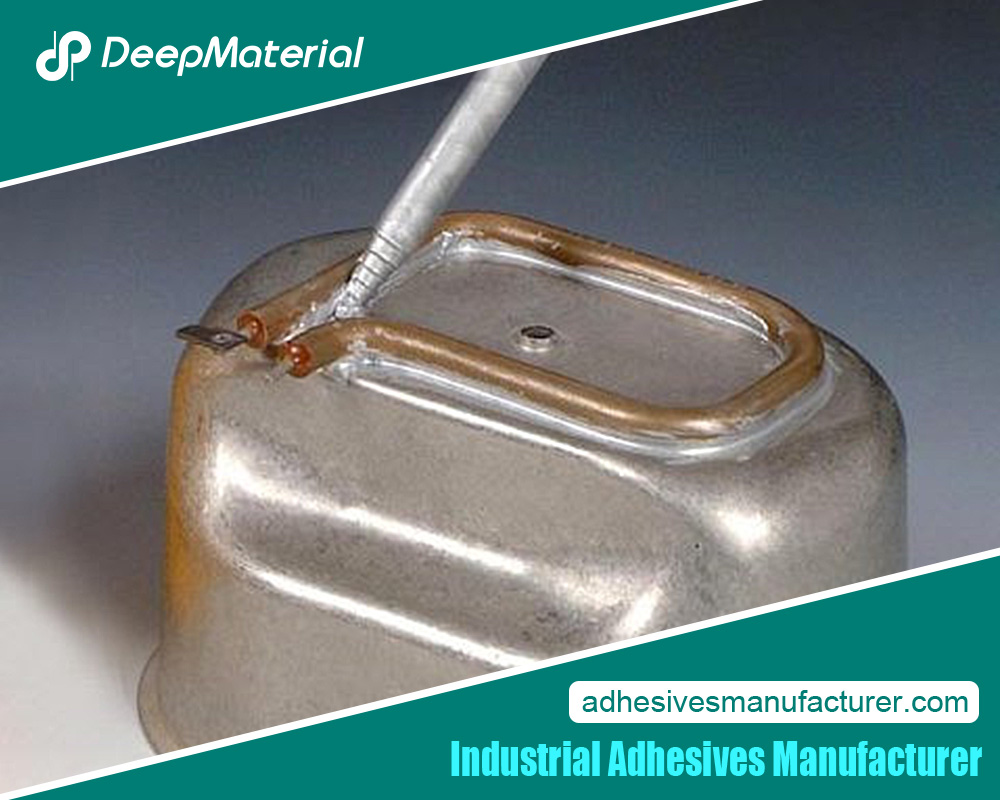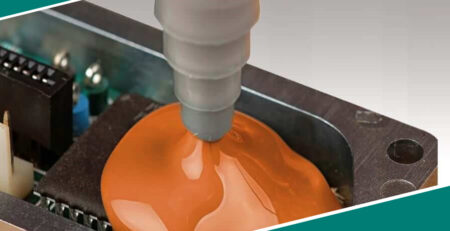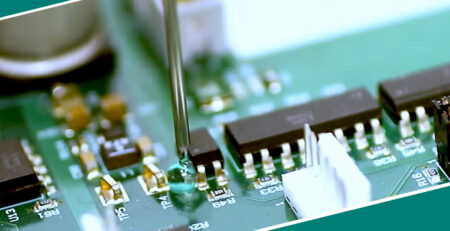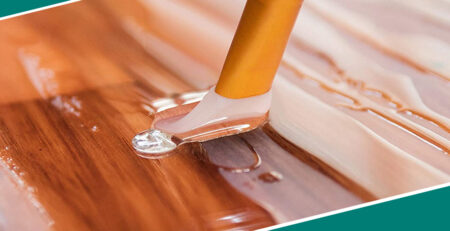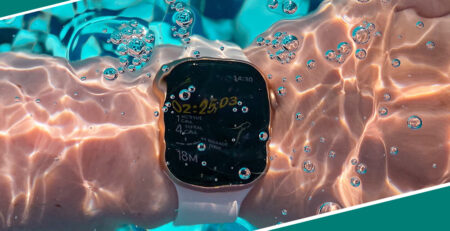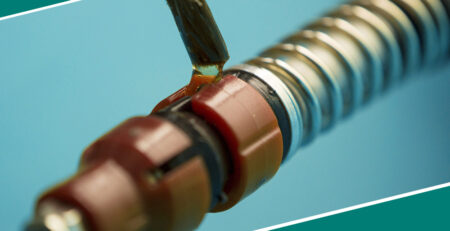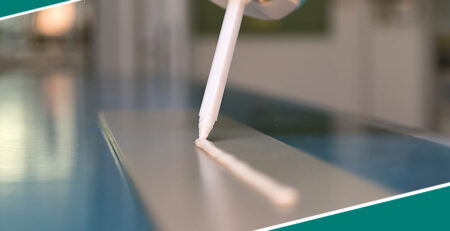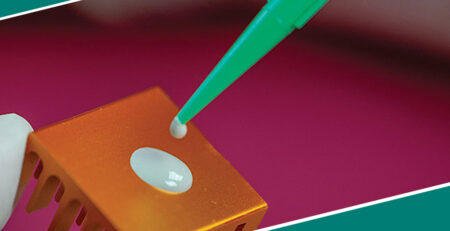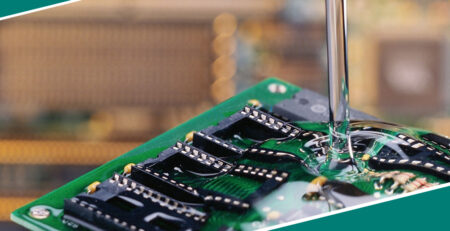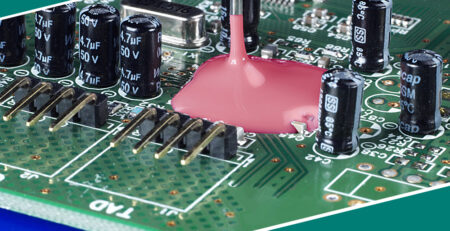Pressure Sensitive Adhesive Manufacturers: Innovating for the Future
Pressure Sensitive Adhesive Manufacturers: Innovating for the Future
Pressure-sensitive adhesives (PSAs) have become an integral part of our daily lives. They are found in a wide range of products, from labels and tapes to medical devices and electronics. The manufacturers of these versatile adhesives play a crucial role in driving innovation and meeting the evolving needs of various industries. In this comprehensive blog post, we will explore the current landscape of pressure-sensitive adhesive manufacturers, their key challenges, and their strategies to stay ahead of the curve.
The Pressure Sensitive Adhesive Industry: An Overview
Pressure-sensitive adhesives are characterized by their ability to adhere to a surface upon applying light pressure without the need for solvents, heat, or other activation methods. This unique property has made PSAs indispensable in numerous applications, from consumer goods to industrial applications. The global pressure-sensitive adhesive market is a thriving industry, with a projected value of over $70 billion by 2027, growing at a CAGR of around 5% during the forecast period. This growth is driven by the increasing demand for PSAs in various end-use industries, such as packaging, automotive, electronics, and healthcare.
Challenges Faced by Pressure Sensitive Adhesive Manufacturers
As the pressure-sensitive adhesive industry evolves, manufacturers face various challenges that require innovative solutions. Some of the key challenges include:
- Sustainability and Environmental Concerns
With growing environmental awareness and stricter regulations, pressure-sensitive adhesive manufacturers are under pressure to develop more sustainable and eco-friendly products. This includes addressing concerns about using solvents, reducing waste, and improving the recyclability of PSA-based products.
- Customization and Specialized Applications
Customers across different industries increasingly demand customized adhesive solutions that cater to their specific needs. Pressure-sensitive adhesive manufacturers must be agile and responsive to these changing requirements, developing specialized formulations and products to meet the unique demands of their clients.
- Technological Advancements and Innovation
The pressure-sensitive adhesive industry is constantly evolving, with new technologies and materials emerging that can enhance the performance, durability, and functionality of PSAs. Manufacturers must stay ahead of the curve, investing in research and development to introduce innovative products that outperform the competition.
- Regulatory Compliance and Safety
Pressure-sensitive adhesive manufacturers must navigate a complex regulatory landscape, ensuring their products comply with various safety and environmental standards. This requires a deep understanding of the regulatory requirements in different regions and the ability to adapt their manufacturing processes accordingly.
Strategies for Success: How Pressure Sensitive Adhesive Manufacturers Are Adapting
To address these challenges and stay competitive in the market, pressure-sensitive adhesive manufacturers are employing a range of strategies:
Embracing Sustainability
Pressure-sensitive adhesive manufacturers are actively exploring sustainable alternatives to traditional materials and production methods. This includes the development of water-based and solvent-free adhesives and the use of renewable and biodegradable raw materials. By prioritizing sustainability, these manufacturers are reducing their environmental impact and positioning themselves to meet the growing demand for eco-friendly products.
Investing in Research and Development
Pressure-sensitive adhesive manufacturers are dedicating significant resources to research and development to introduce innovative products that meet their customers’ evolving needs. This includes exploring new adhesive chemistries, developing advanced coating technologies, and collaborating with research institutions and industry partners to stay at the forefront of technological advancements.
Enhancing Customization and Specialization
To meet the increasing demand for customized adhesive solutions, pressure-sensitive manufacturers focus on enhancing their capabilities in product customization and specialized applications. This involves building strong relationships with their customers, understanding their unique requirements, and developing tailored adhesive formulations that address their needs.
Ensuring Regulatory Compliance and Safety
Pressure-sensitive adhesive manufacturers are strongly emphasizing regulatory compliance and product safety. They closely monitor regulation changes, invest in quality control measures, and collaborate with industry organizations to stay informed and adapt their manufacturing processes accordingly. This commitment to compliance and safety helps them build trust with customers and ensure the long-term viability of their products.
Pressure Sensitive Adhesives Compare To Other Types Of Adhesives
Based on the search results, the critical differences between pressure-sensitive adhesives (PSAs) and other types of adhesives are:
- Activation method:
- PSAs form a bond simply by applying light pressure without needing solvents, water, or heat.
Other adhesives, such as structural adhesives, require processes like evaporation of solvent, chemical reaction, or cooling to harden and form a permanent bond.
- Bond strength and properties:
- The strength of PSAs is evaluated by their shear and peel resistance, as well as initial tack, rather than lap shear strength like structural adhesives.
PSAs exhibit viscoelastic properties, allowing them to flow and wet the surface while resisting flow when stress is applied.
Structural adhesives form a permanent, stronger bond compared to the typically lower ultimate bond strength of PSAs.
- Temperature sensitivity:
- Temperature can strongly affect PSA performance, with tack and shear holding ability decreasing at low and high temperatures.
Structural adhesives are generally less sensitive to temperature changes.
- Applications:
- PSAs are commonly used in pressure-sensitive tapes, labels, stickers, and other products that require easy application and removability.
Structural adhesives are used for permanent bonding in applications that require high strength, such as in the construction, automotive, and aerospace industries.
The key differences lie in the activation method, bond strength and properties, temperature sensitivity, and the typical applications of PSAs compared to other adhesive types.
Some Examples Of Products That Use Pressure Sensitive Adhesives
Some examples of products that use pressure-sensitive adhesives include:
- Food Labels and Packaging: Pressure-sensitive adhesives are commonly used in food labels and packaging to attach labels to various food products securely.
- Bandages: Pressure-sensitive adhesives provide a secure and comfortable bond to the skin, ensuring the bandage stays in place.
- Electronics: Pressure-sensitive adhesives are used in electronics for various applications, such as securing components, attaching screens, and providing insulation.
- Automotive Products: Pressure-sensitive adhesives are used in automotive applications such as durable labels, automotive tape, vehicle graphics, and exhibition graphics, which must withstand extreme temperatures and chemical exposure.
- Medical Supplies: Pressure-sensitive adhesives are essential in medical supplies like wound dressings, surgical drapes, ostomy care products, and medical tapes, where skin contact and adhesion are critical.
- Industrial Applications: Pressure-sensitive adhesives are widely used in industrial fields for everyday items like labels, building materials, home appliances, and other industrial products.
These examples demonstrate the diverse range of products across industries that rely on pressure-sensitive adhesives for their adhesive properties and ease of application.
Conclusion
Pressure-sensitive adhesive manufacturers are navigating a rapidly evolving landscape, facing challenges ranging from sustainability to technological advancements. By embracing innovative strategies, these manufacturers are positioning themselves to meet their customers’ changing demands and stay ahead of the competition. As the pressure-sensitive adhesive industry continues to grow, these manufacturers will play a crucial role in shaping the future of adhesive solutions, driving progress and innovation across a wide range of industries.
Pressure Sensitive Adhesive Manufacturers: Innovating for the Future
Pressure-sensitive adhesives (PSAs) have become an integral part of our daily lives. They are found in a wide range of products, from labels and tapes to medical devices and electronics. The manufacturers of these versatile adhesives play a crucial role in driving innovation and meeting the evolving needs of various industries. In this comprehensive blog post, we will explore the current landscape of pressure-sensitive adhesive manufacturers, their key challenges, and their strategies to stay ahead of the curve.
The Pressure Sensitive Adhesive Industry: An Overview
Pressure-sensitive adhesives are characterized by their ability to adhere to a surface upon applying light pressure without the need for solvents, heat, or other activation methods. This unique property has made PSAs indispensable in numerous applications, from consumer goods to industrial applications. The global pressure-sensitive adhesive market is a thriving industry, with a projected value of over $70 billion by 2027, growing at a CAGR of around 5% during the forecast period. This growth is driven by the increasing demand for PSAs in various end-use industries, such as packaging, automotive, electronics, and healthcare.
Challenges Faced by Pressure Sensitive Adhesive Manufacturers
As the pressure-sensitive adhesive industry evolves, manufacturers face various challenges that require innovative solutions. Some of the key challenges include:
- Sustainability and Environmental Concerns
With growing environmental awareness and stricter regulations, pressure-sensitive adhesive manufacturers are under pressure to develop more sustainable and eco-friendly products. This includes addressing concerns about using solvents, reducing waste, and improving the recyclability of PSA-based products.
- Customization and Specialized Applications
Customers across different industries increasingly demand customized adhesive solutions that cater to their specific needs. Pressure-sensitive adhesive manufacturers must be agile and responsive to these changing requirements, developing specialized formulations and products to meet the unique demands of their clients.
- Technological Advancements and Innovation
The pressure-sensitive adhesive industry is constantly evolving, with new technologies and materials emerging that can enhance the performance, durability, and functionality of PSAs. Manufacturers must stay ahead of the curve, investing in research and development to introduce innovative products that outperform the competition.
- Regulatory Compliance and Safety
Pressure-sensitive adhesive manufacturers must navigate a complex regulatory landscape, ensuring their products comply with various safety and environmental standards. This requires a deep understanding of the regulatory requirements in different regions and the ability to adapt their manufacturing processes accordingly.
Strategies for Success: How Pressure Sensitive Adhesive Manufacturers Are Adapting
To address these challenges and stay competitive in the market, pressure-sensitive adhesive manufacturers are employing a range of strategies:
Embracing Sustainability
Pressure-sensitive adhesive manufacturers are actively exploring sustainable alternatives to traditional materials and production methods. This includes the development of water-based and solvent-free adhesives and the use of renewable and biodegradable raw materials. By prioritizing sustainability, these manufacturers are reducing their environmental impact and positioning themselves to meet the growing demand for eco-friendly products.
Investing in Research and Development
Pressure-sensitive adhesive manufacturers are dedicating significant resources to research and development to introduce innovative products that meet their customers’ evolving needs. This includes exploring new adhesive chemistries, developing advanced coating technologies, and collaborating with research institutions and industry partners to stay at the forefront of technological advancements.
Enhancing Customization and Specialization
To meet the increasing demand for customized adhesive solutions, pressure-sensitive manufacturers focus on enhancing their capabilities in product customization and specialized applications. This involves building strong relationships with their customers, understanding their unique requirements, and developing tailored adhesive formulations that address their needs.
Ensuring Regulatory Compliance and Safety
Pressure-sensitive adhesive manufacturers are strongly emphasizing regulatory compliance and product safety. They closely monitor regulation changes, invest in quality control measures, and collaborate with industry organizations to stay informed and adapt their manufacturing processes accordingly. This commitment to compliance and safety helps them build trust with customers and ensure the long-term viability of their products.
Pressure Sensitive Adhesives Compare To Other Types Of Adhesives
Based on the search results, the critical differences between pressure-sensitive adhesives (PSAs) and other types of adhesives are:
- Activation method:
- PSAs form a bond simply by applying light pressure without needing solvents, water, or heat.
Other adhesives, such as structural adhesives, require processes like evaporation of solvent, chemical reaction, or cooling to harden and form a permanent bond.
- Bond strength and properties:
- The strength of PSAs is evaluated by their shear and peel resistance, as well as initial tack, rather than lap shear strength like structural adhesives.
PSAs exhibit viscoelastic properties, allowing them to flow and wet the surface while resisting flow when stress is applied.
Structural adhesives form a permanent, stronger bond compared to the typically lower ultimate bond strength of PSAs.
- Temperature sensitivity:
- Temperature can strongly affect PSA performance, with tack and shear holding ability decreasing at low and high temperatures.
Structural adhesives are generally less sensitive to temperature changes.
- Applications:
- PSAs are commonly used in pressure-sensitive tapes, labels, stickers, and other products that require easy application and removability.
Structural adhesives are used for permanent bonding in applications that require high strength, such as in the construction, automotive, and aerospace industries.
The key differences lie in the activation method, bond strength and properties, temperature sensitivity, and the typical applications of PSAs compared to other adhesive types.
Some Examples Of Products That Use Pressure Sensitive Adhesives
Some examples of products that use pressure-sensitive adhesives include:
- Food Labels and Packaging: Pressure-sensitive adhesives are commonly used in food labels and packaging to attach labels to various food products securely.
- Bandages: Pressure-sensitive adhesives provide a secure and comfortable bond to the skin, ensuring the bandage stays in place.
- Electronics: Pressure-sensitive adhesives are used in electronics for various applications, such as securing components, attaching screens, and providing insulation.
- Automotive Products: Pressure-sensitive adhesives are used in automotive applications such as durable labels, automotive tape, vehicle graphics, and exhibition graphics, which must withstand extreme temperatures and chemical exposure.
- Medical Supplies: Pressure-sensitive adhesives are essential in medical supplies like wound dressings, surgical drapes, ostomy care products, and medical tapes, where skin contact and adhesion are critical.
- Industrial Applications: Pressure-sensitive adhesives are widely used in industrial fields for everyday items like labels, building materials, home appliances, and other industrial products.
These examples demonstrate the diverse range of products across industries that rely on pressure-sensitive adhesives for their adhesive properties and ease of application.
Conclusion
Pressure-sensitive adhesive manufacturers are navigating a rapidly evolving landscape, facing challenges ranging from sustainability to technological advancements. By embracing innovative strategies, these manufacturers are positioning themselves to meet their customers’ changing demands and stay ahead of the competition. As the pressure-sensitive adhesive industry continues to grow, these manufacturers will play a crucial role in shaping the future of adhesive solutions, driving progress and innovation across a wide range of industries.
For more about pressure sensitive adhesive manufacturers: innovating for the future, you can pay a visit to Deepmaterial at https://www.adhesivesmanufacturer.com/ for more info.

